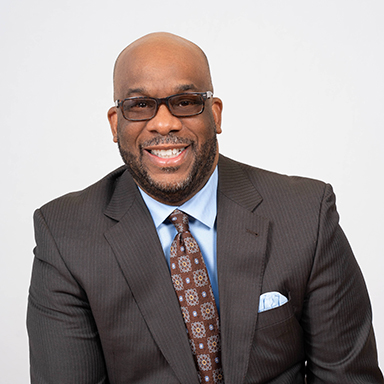Obtaining financing is probably one of the most confusing and intimidating things you will have to do in the homebuying process. Financing is provided through a mortgage, which is a secured loan used specifically to buy a home or property. Secured loans are backed by collateral, so with a mortgage, you agree to give the lender the home if you don’t repay the loan as agreed.
By understanding the mortgage process, you can increase your confidence about obtaining a mortgage loan. Here’s an overview of that process and a couple of quick notes about each step:
Research: Prior to applying for a loan, shop around and explore different lenders and loan products, then decide what’s right for you.
Pre-qualification: Before you begin looking for your dream home, you will want to know if you can qualify for a mortgage based on your financial situation and, if so, how much you can afford to spend on a house. Getting pre-qualified will help answer these questions.
Loan application: When you find a house you like that’s within your budget, and the seller decides to accept your offer, you can complete a loan application with a licensed loan officer.
Loan processing: After the loan application is completed it is assigned to a loan processor. The loan processor completes your loan package.
Underwriting: A loan underwriter reviews your complete loan application package and decides whether to approve it according to the lender’s loan program guidelines.
Approval: If you are approved, the lender will send you a commitment letter. The commitment letter is a formal loan offer that states the amount and terms of the loan.
To finalize a mortgage and officially secure your new home, you’ll also need to make a down payment and pay closing costs. A down payment is a one-time expense that goes toward the purchase price. Making a larger down payment reduces the amount you’ll need to finance, and different mortgage options will have varying requirements when it comes to a minimum down payment.
Closing costs are expenses beyond the down payment and can include things such as attorney and appraisal fees, as well as escrow funds. Making a down payment and paying closing costs can be a financial hurdle, but there are options available to help:
State housing finance agency loans
Many state housing finance agencies administer housing programs, including mortgage programs for first-time homebuyers, often with down payment and closing cost assistance. For example, in Minnesota, the statewide First-Generation Homebuyers Down Payment Assistance Fund was passed into law in 2023 to help make homeownership more attainable, particularly for families of color. The program is expected to become available to consumers in 2024 and will offer funds through forgivable loans1.
City or county loans
Many towns, cities and counties offer mortgage loan programs and down payment and closing cost assistance for first-time homebuyers who plan to purchase a home in their community.
Special loans for first-time homebuyers
As a part of the federal Community Reinvestment Act, banks are required to invest some of their earnings into programs that help increase homeownership. As a result, banks have special mortgage programs, often with lower interest rates and down payment requirements for first-time homebuyers.
By understanding the mortgage process, as well as being aware of options that can help make it more affordable, you can hopefully have a positive experience. When you’ve gone through the process, you’ll be one step closer to moving into your new home and beginning to build generational wealth.

